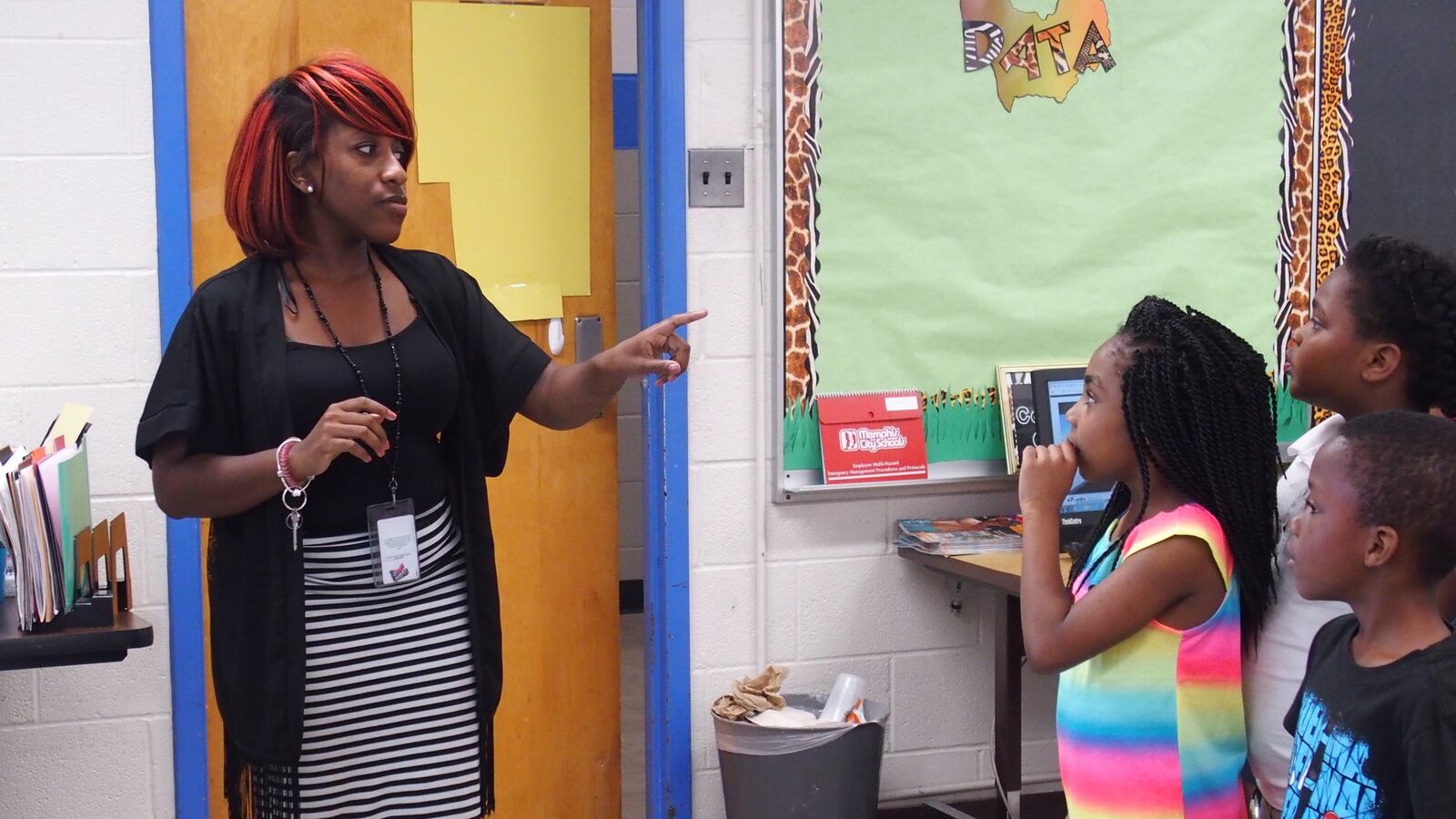If you’re a teacher working in Shelby County Schools, you probably have a hard time figuring out whether or not you are getting a pay increase and how much should show up in your paycheck.
Now that Superintendent Dorsey Hopson has set aside $7 million for teacher pay raises in next year’s budget, Chalkbeat explains which teachers will get a raise, how much, and why.
Most teachers are eligible for a raise. Teachers with an evaluation score of 3 or higher on a 5-point scale will receive a raise. About 96 percent of teachers fit in that category, according to the latest district numbers.
The teacher evaluation system for Shelby County Schools is based on state test growth and achievement, classroom observations, and student surveys. It is known as the Teacher Effectiveness Measure, or TEM.
But this system has been fraught with problems for the last two years because of a bumpy rollout of Tennessee’s new test.
The history. In 2016, Hopson tried to award raises based on evaluation scores, but a delay in state test scores — which play a role in teacher evaluations — prompted him to give raises across the board instead. The next year, another glitch in student test scores compromised some teacher evaluations, but Hopson assured teachers their pay would not be affected.
But before the district started basing pay on teacher evaluations, Shelby County Schools temporarily reactivated pay increases based on years of experience after district leaders noticed some new teachers were getting paid more than experienced ones. Once those inequities were addressed, the district switched to pay increases based on teacher evaluation scores.
The amount of an increase depends on a teacher’s evaluation score. The pay raises are not percentages of a teacher’s salary like in years past. Each evaluation score has a dollar amount attached.
- Level 3 = $750
- Level 4 = $1,000
- Level 5 = $1,500
Under the new pay system, the maximum salary for teachers was increased slightly to $73,000. Level 4 or 5 teachers with advanced degrees or who are in hard-to-staff areas such as special education, math and science are also eligible for bonuses.

